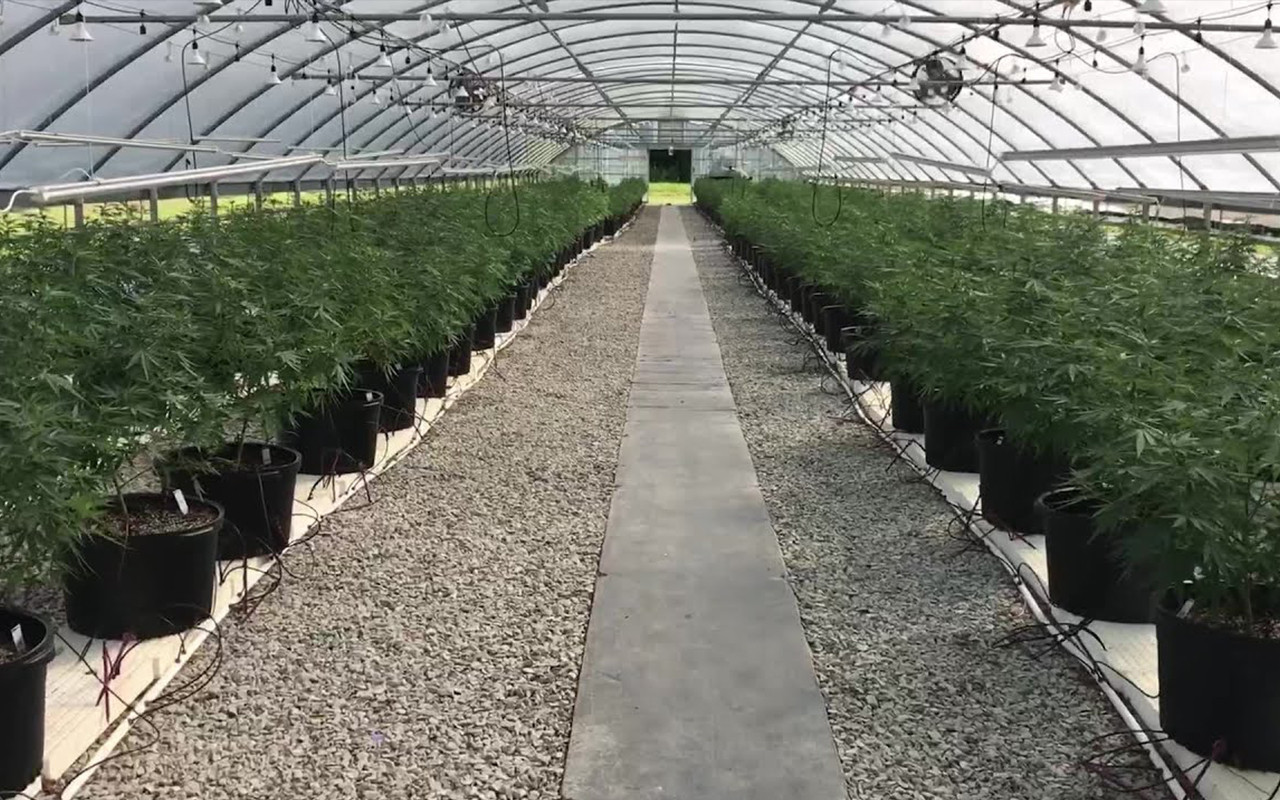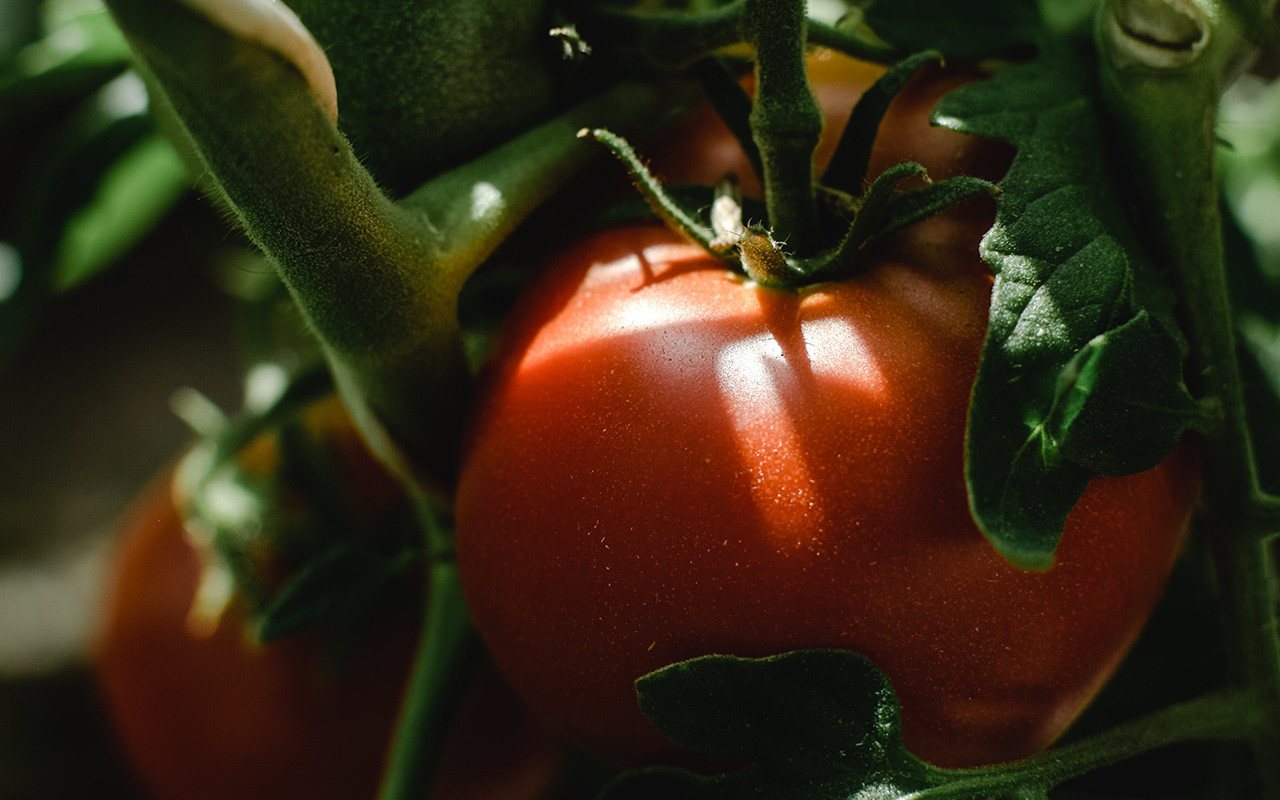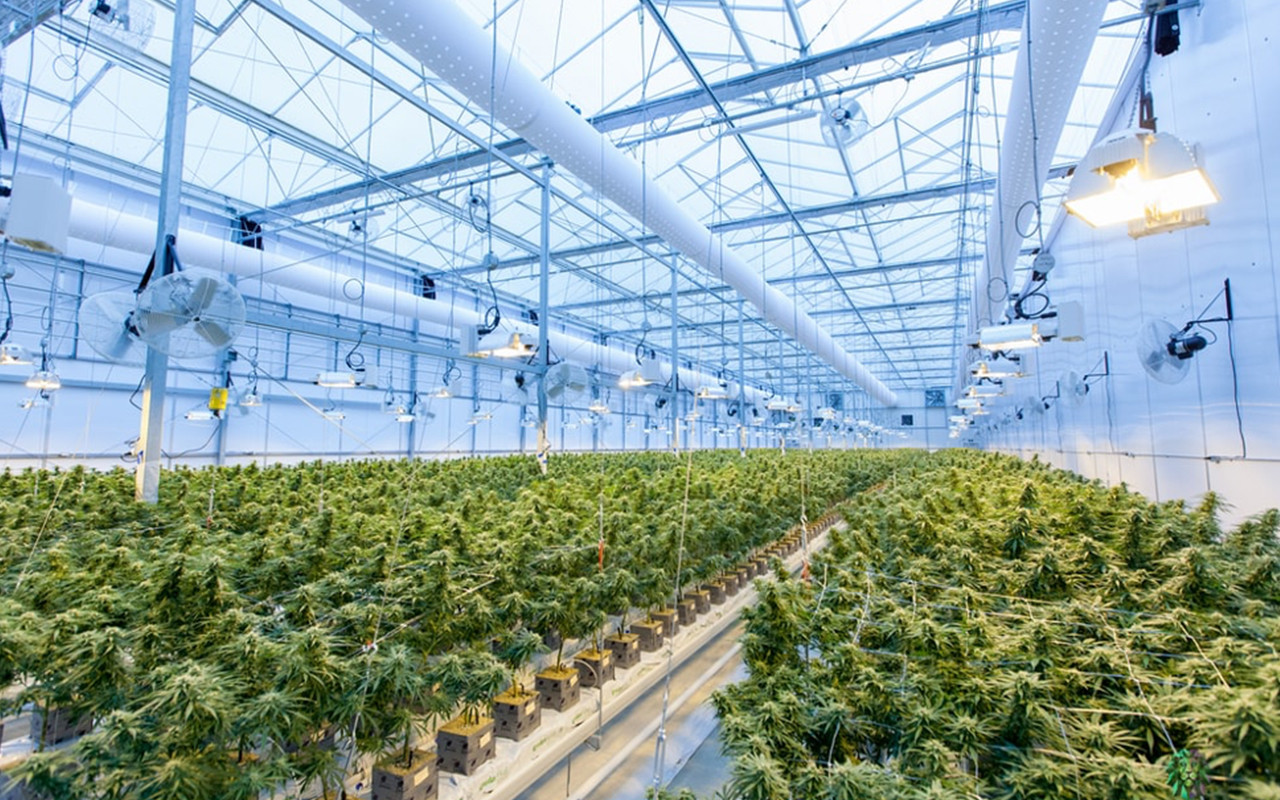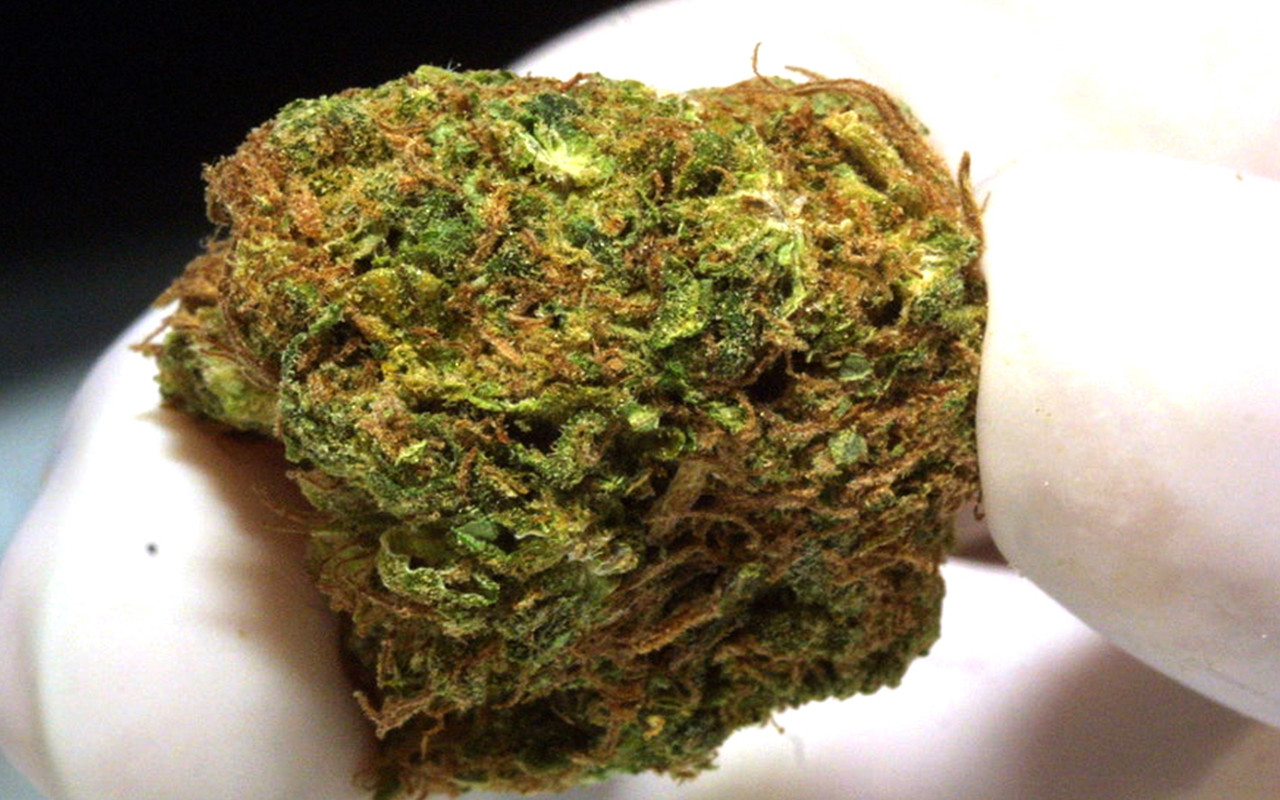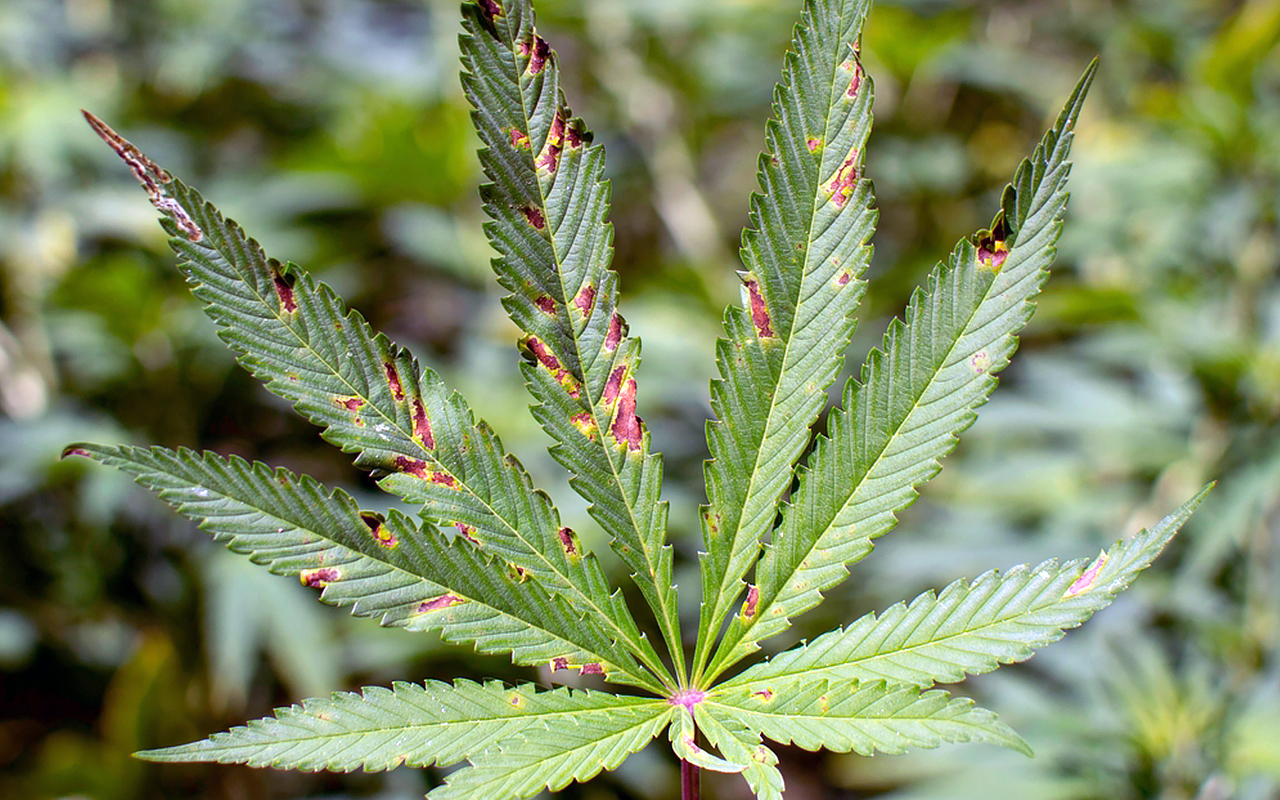
What Are the Important Considerations in Choosing Organic Fertilizer?
What are the important considerations in choosing organic fertilizer
One important consideration in choosing organic fertilizer is the humic acids that are found in humus, plant waste, and manure. Humic acids, which are humus components, are more effective in eliminating pollutants from the soil than harmful chemicals. Organic fertilizers are also less expensive than chemical fertilizers which can cause groundwater contamination or algae blooms.
Another consideration in choosing organic fertilizer is the nitrogen, phosphorus, and potassium content. A high nitrogen level can cause disease while a high potassium level can prevent minerals from being taken up by plants. The NPK ratio of humic acids is 6-1-2 which means it has low levels of nitrogen, higher levels of potassium and phosphorus.
Humic acids also provide high levels of humic acid, which is a good source of humus. Humus can improve soil quality and reduce erosion by retaining water and nutrients that are very beneficial to plants. Organic fertilizers from humic acids require no hazardous chemicals or machinery for application. This means reduced soil compaction and a healthier environment.
What should you know about humic acids
Humic acid is a naturally-occurring substance that can be found in plant roots, humus, and peat. It is derived from humus which is the result of rotting leaves and other plant material over time. Humic acid works as a natural chelating agent that binds to nutrients required by plants. The benefit of humic acid is that it protects trace elements from being lost through leaching or runoff, thereby preventing soil erosion and improving soil quality.
Compost is decomposed organic matter. It is the most common source of humic acid in any garden. Compost contains humic acids and can improve soil quality because it loosens clay soils, which allows excess water to drain away while retaining nutrients like nitrogen and potassium, which are essential for plant growth. Additionally, humus and humic acid present in compost also help to break down clay soils and reduce soil erosion.
Manure is another organic fertilizer that comes from animal droppings and plant matter. Manure was an important source of fertilizers before industrialization occurred which led to the production of synthetic chemical fertilizers. The benefit of manure as a humus-rich organic fertilizer is that humus contains humic acids, which improve soil quality. You can make humus-rich manure by composting leaves and other plant waste with animal droppings.
Other types of organic fertilizers are rock powders, seaweed extracts, and humate extracts. Rock powders are materials ground into fine particles which are then used in humus-rich compost to improve soil quality. Seaweed extracts and humate extracts contain humic acids that can be used as organic fertilizers for plants.
What benefits you can get from organic fertilizer?
Organic fertilizer has a lot to offer. It improves soil quality and reduces erosion which is good for the environment. It also gives you healthier plants and helps your garden thrive.
The humic acids in organic fertilizer also provide benefits such as:
- Increasing leaf size and plant height
- High yields of high-quality crops
- Fertilizing the soil without burning it
- Protecting the roots from drought, hot, dry weather
You can get all of these benefits by choosing organic fertilizer.
How do you choose the best organic fertilizer?
You need to make sure you get high-quality humic fertilizers like Lignohumate AM or Lignohumate MAX. Humic acids should come from renewable resources that will not cause environmental damage. It is also important that the humic acid is water-soluble. This means it will provide your plants with the humic acid they need when they need it.
iGrow® fertilizers are also better than generic humic acids because of their purity and quality. Generic humic acid may have impurities that could cause damage to your plants or the environment.
Organic fertilizers - do you need them?
Organic fertilizers are a great way to improve soil quality and reduce erosion. Choosing humus-rich organic fertilizer, like Lignohumate or iGrow will offer the best benefits for your garden or farm. You can also find humic acids in compost, manure, and seaweed extracts that you can use as an alternative to chemical-based fertilizers which pollute the environment with hazardous chemicals. If you want help choosing what type of organic fertilizer is right for your needs or need more information on how they work, let us know!









